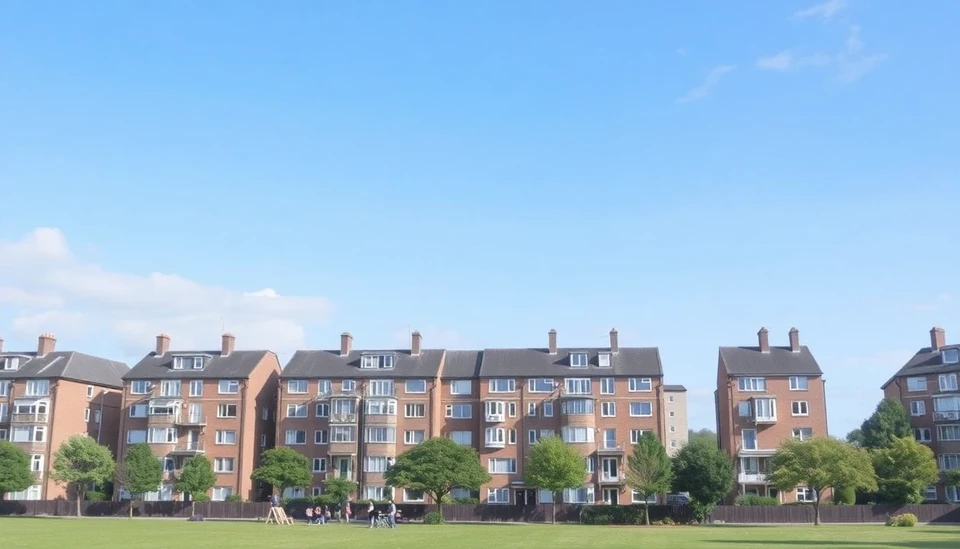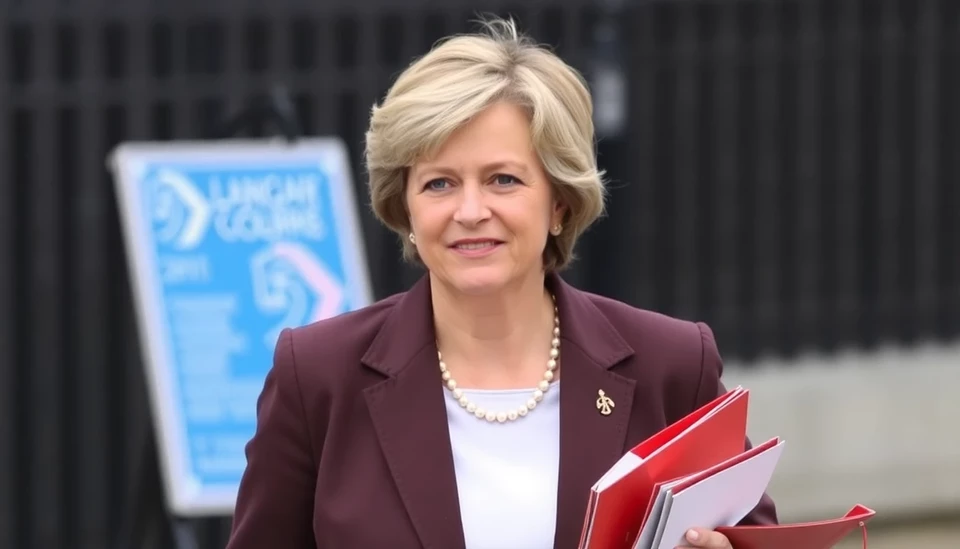
The Labour Party in the UK is currently facing significant scrutiny as it rolls out new proposals aimed at assisting renters amid a rising cost of living crisis. While designed to provide relief, experts and analysts voice concerns that these measures might inadvertently backfire, potentially exacerbating the already precarious situation for many tenants.
With the growing urgency to address the housing crisis, the Labour Party has introduced policies aimed at capping rent increases and bolstering tenant rights. The intention behind these reforms is clear: to alleviate financial pressure on renters who are struggling with escalating costs. However, critics warn that the mechanics of these policies could lead to unintended consequences that may harm the rental market and, ultimately, the tenants they aim to protect.
According to various analysts, the proposed rent caps could disincentivize property owners from maintaining or investing in their rental properties, resulting in a decline in housing quality. This phenomenon, known as the "rent control trap," has been observed in other cities worldwide where similar measures have been implemented. A lack of incentive for landlords to invest in their properties could lead to a significant deterioration in housing conditions, leaving renters in even more vulnerable positions.
Furthermore, there are concerns regarding the potential reduction in the supply of rental properties. If landlords foresee a decrease in profits due to regulatory constraints, they might choose to sell their properties or convert them into other types of real estate, such as condominiums. This would lead to a shrinking pool of available rental units, in turn raising prices for those who remain in the market, contradicting the original aim of providing affordable housing solutions.
The Labour Party's proposals also include expanded rights for tenants, such as the ability to challenge unfair evictions and seek redress for poor living conditions. While these elements are undeniably positive steps toward creating a more equitable housing environment, questions remain about their practical implementation and the potential burden they may place on landlords. Analysts caution that overly stringent regulations could lead to a flight of investors from the rental market, further exacerbating the housing crisis.
Political analysts suggest that the Labour Party must carefully balance its ambitions with the realities of the housing market to ensure that their interventions do not lead to greater adversity for renters than the current status quo. The challenge lies in crafting policies that genuinely address the needs of tenants while maintaining the health and viability of the rental sector.
In the face of this growing debate, the Labour Party is under pressure not just from the opposition, but also from within its own ranks, as members demand tangible solutions to the housing crisis. As the political landscape evolves, the effectiveness of these proposals will be closely monitored in the coming months.
As the UK grapples with these critical issues, it remains to be seen whether the Labour Party's intentions translate into successful policy outcomes or whether they risk complicating the already challenging housing situation for countless renters across the country.
#UKPolitics #RentControl #HousingCrisis #LabourParty #RentersRights #CostOfLiving #HousingMarket
Author: Laura Mitchell




